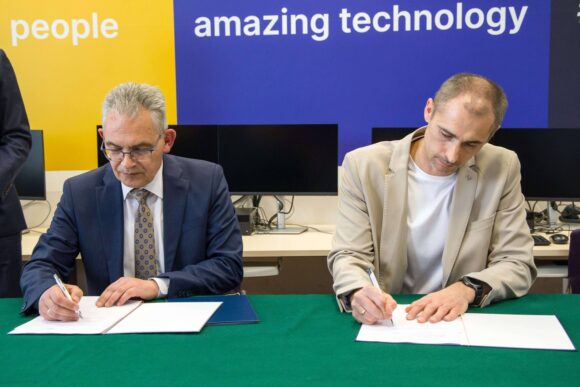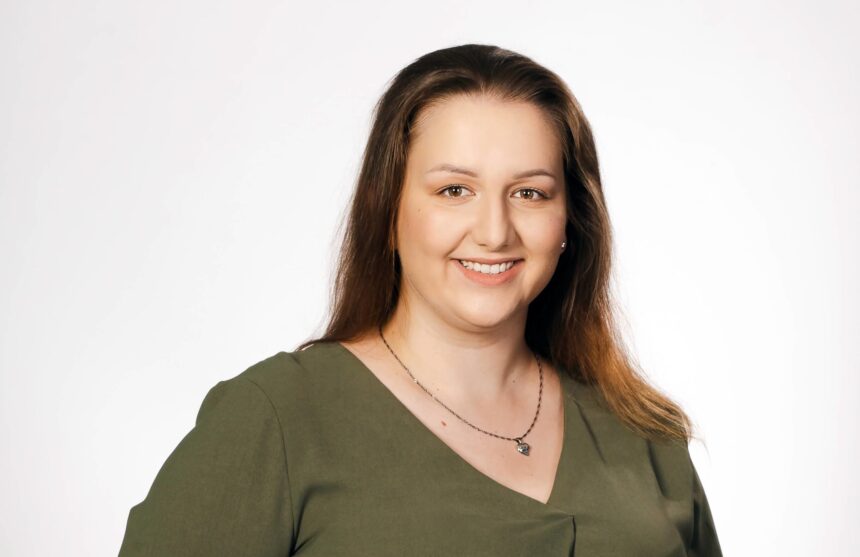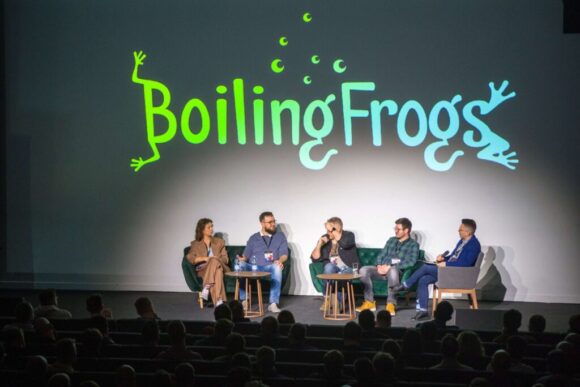
Tester is a profession for future generations. Kinga’s story

Kinga joined us in the second year of IT studies. Even then, she knew that she wanted to be a tester. After two years as an Implementation Analyst, she took the position of Quality Assurance Engineer, where she works on improving our products. Find out more about Kinga’s history at AUCTANE.
Kinga, you have been working with us for 3 years, and for a year you have been testing products as a Quality Assurance Engineer. In short, your job is to ensure the quality of our platform. Admit it, do you like pointing out others’ mistakes?
Yes, definitely (laughs). Finding mistakes is a really interesting activity for me, because I care about quality, not only in relation to work. I use various programs myself, I often order things online, I use websites and sometimes I encounter an error. It always hurts a bit and I must admit that I sometimes write for the support of a given platform. I then inform them that I have found the error and ask if they want to fix it. Very often I have this feeling that I have done something good.
So this is not about pointing out mistakes, but rather a help?
Yes, it is always about making the use of the software, the purchasing process or the website easier. For me and for others. I believe that being a tester is really a profession that is for future generations. I do it to make it easier for others in the future.
Each tester must be comfortable pointing out bugs and errors to others, which is not always easy. How do you deal with it? Do your colleagues or friends ever get angry with you for constantly correcting and pointing out that something is wrong?
No, they appreciate it very much because they know I have no bad intentions. Apart from that, I am always looking for arguments, I support everything with good practices, knowledge, and experience and it makes it difficult to argue. When someone comes up with so many arguments, it is worth agreeing with them (laughs).
Testing covers various areas. It could be design and appearance, use, or more technical performance verification. Which of these areas is your favorite? Do you have your preferences and a direction that you particularly like?
At the beginning, these were definitely more functional tests. I mainly verified whether the functionalities were working as intended. Recently, I was additionally interested in usability tests and the topic of UX (user experience) and UI (user interface), i.e. checking whether the user can easily learn to use the application and whether his experience will be positive. These include aspects such as aesthetics and the operation of programs from the user’s point of view. I like to catch when something does not harmonize with each other, when something overlaps or is not intuitive enough.
Can you give an example?
My observations show that very often errors concern such basic things as Back and Accept buttons in various forms. It happens that the Back button is highlighted in green, which causes an intuitive reaction and we click on it immediately, thinking that we are approving the form. Meanwhile, it returns us to the previous page and we have to complete everything anew. This is a detail, but irritating enough to draw attention to it.
The support teams you contact when they discover a bug like this are eager to fix it?
Yes, there have been times when things I have reported have been fixed or improved. It also happened that people from the support contacted me with the information that they thanked for the application and that A / B tests would be carried out to check which variant would provide users with a better User Experience. Those were really interesting experiences.
You have been a tester at AUCTANE for a year. What made you change your position?
As an Implementation Analyst, I used test tools such as SoapUI or Postman. I knew from the very beginning that I wanted to become a tester. My team knew it too and supported me a lot, because even though I was mainly responsible for contacts with the client in that position, I was also given the opportunity to be responsible for creating most of the test scenarios used on a daily basis in our team.
At that time, I couldn’t take the position of a full-time tester because of the full-time studies, but when I graduated, I applied to the HR department to participate in internal recruitment.
So your career path was fully conscious and planned from the very first days?
Definitely. Nothing was a coincidence, except maybe a temporary job in gastronomy at the beginning of my studies (laughs).
Tell us, since you knew from the beginning what you want to do – what convinced you to here, in AUCTANE instead of looking for a job in companies that mainly deal with testing?
There are many reasons. I really like the culture of this company, the support I receive here and the principle of sharing knowledge. I also appreciate the convenient location and quite good benefits, which include, among others, additional vacation days after reaching the appropriate seniority, or the possibility of hybrid work. It is very convenient, because we decide ourselves when we will appear in the company and no one imposes on us the frequency of being in the office.
In my opinion, contact with analysts and programmers is a great advantage for a tester. This allows us to get to know the process of creating products from a different angle, thanks to which this picture is wider, and testing and fixing errors can be much more efficient and better.
